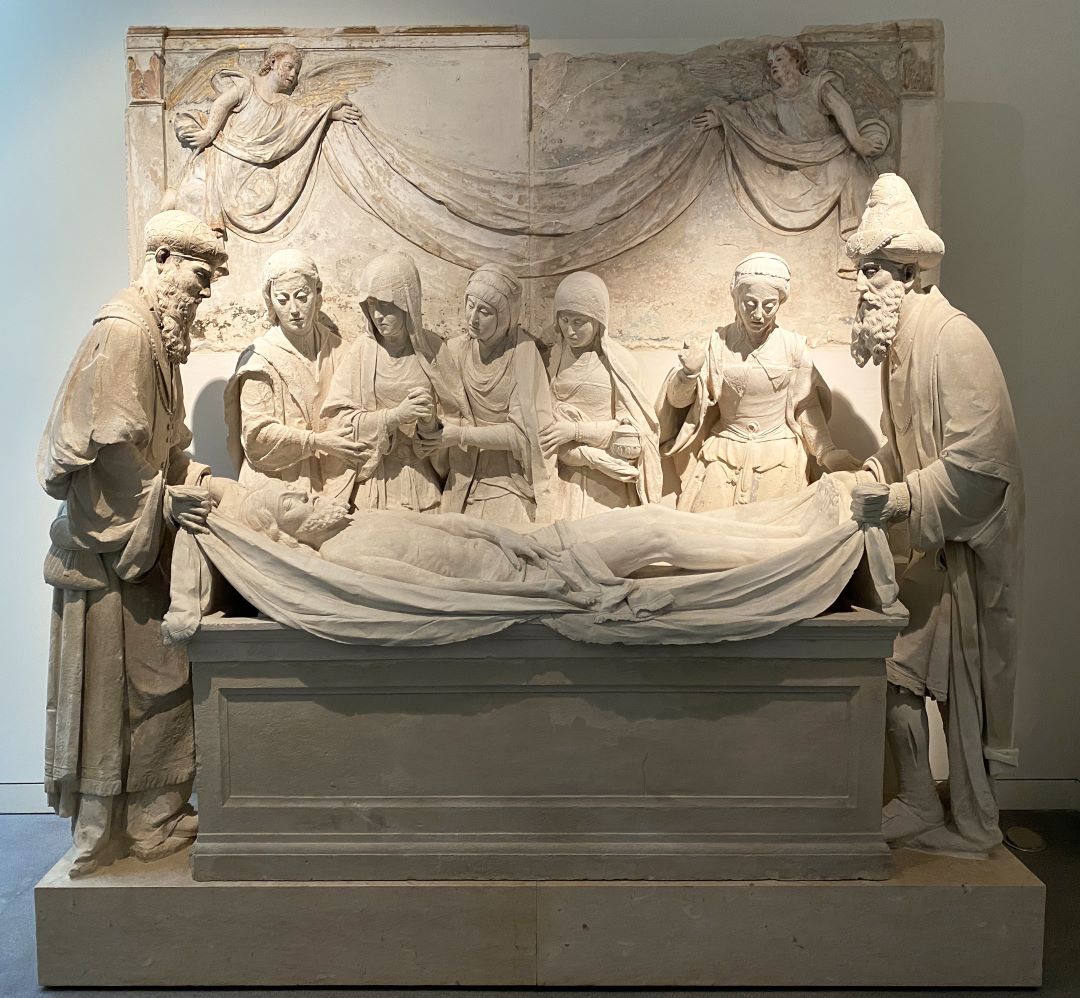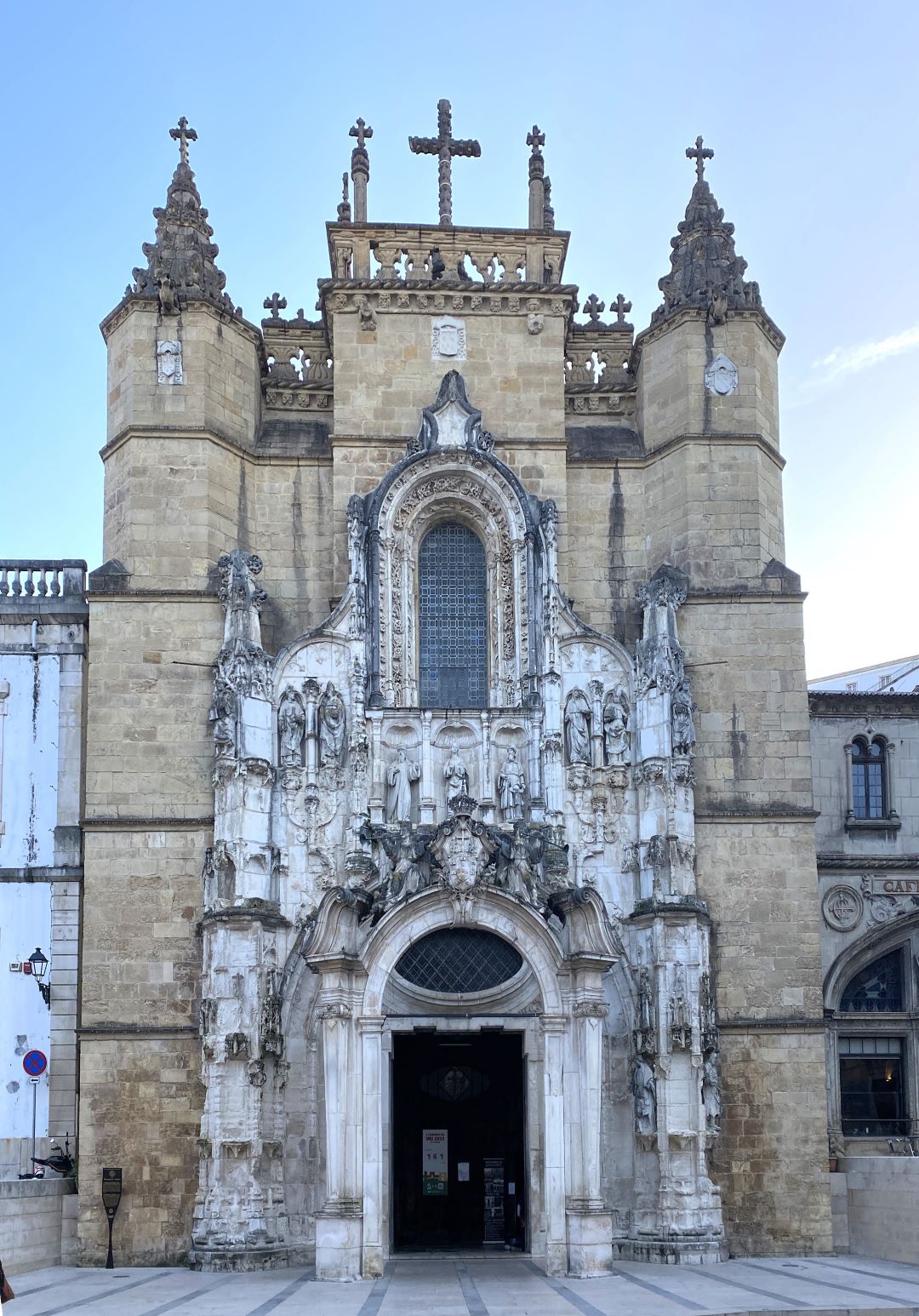
Bussaco Palace.
Local native name
Year designation
Lithology
Aesthetics
Geological settings
Mesozoic – Middle Jurassic – Bajocian
and Bathonian; Lusitanian Basin
Location
Cantanhede municipality: Pena, Portunhos, Ançã, Fornos, Vila Nova, Outil
Bussaco Palace.
The stone that carved Portugal
Coimbra has many monuments built in Ançã limestone such as the Monastery of Santa Clara, pantheons of the Conchada Cemetery, churches, palaces, and the two Coimbra cathedrals. The University of Coimbra (UNESCO World Heritage Site since 2013) was built with this stone.
One of the most beautiful palaces in Europe, which stands out for the very fine workmanship of its sculptural details, is the Bussaco Palace, built with Ançã limestone between 1888 and 1907. Batalha Monastery is an example of Portuguese late Gothic architecture, or Manueline style,
with its profusion of enormous pediments, spieres, pinnacles, and buttresses of Ançã limestone. It was declared a World Heritage Site by UNESCO in 1983. In addition to these monuments, numerous sacred art sculptures were worked on and consequently distributed throughout the country, and today there is a vast heritage that can be seen in urban and rural churches. The Museu da Pedra in Cantanhede comprises permanent exhibition rooms devoted to Ançã limestone, Machado de Castro Museum, in Coimbra, has a rich collection of sculptures made with this stone, as well as the National Museum of Ancient Art, in Lisbon, among many others. Additionally, as mentioned above, Ançã limestone has been used to decorate churches outside mainland Portugal. It has been used in the Azores Islands and Brazil. Also, sanctuaries in Santiago de Compostela, Rome, and Jerusalem have sculptures carved with Ançã limestone.
- Author(s)
D.M. Freire-Lista, F. Figueiredo, M. H. Henriques

